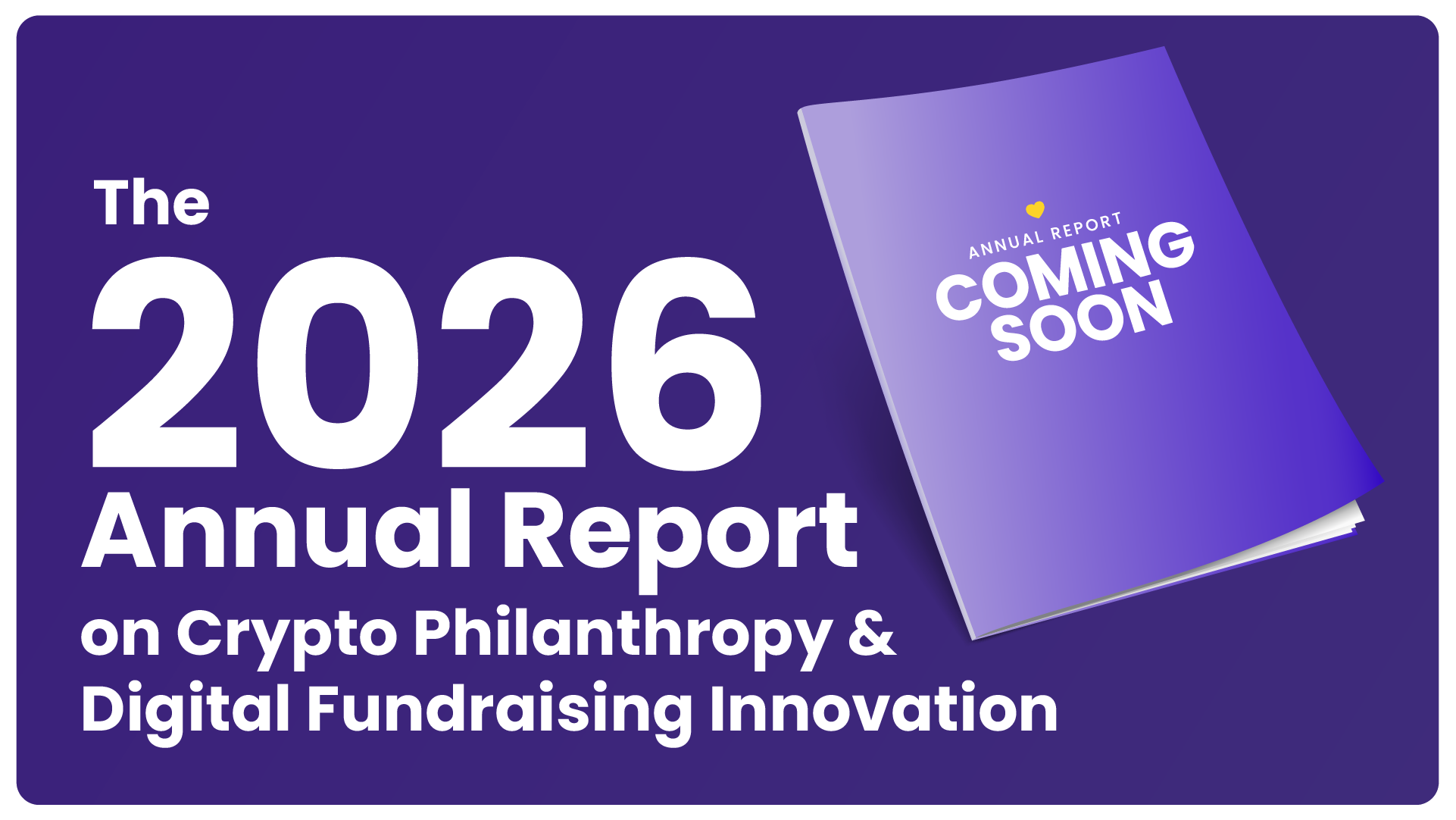Charitable donations to military, veteran and first responder charities are always appreciated, but choosing which organizations to support is not always simple. Did you know that there are over 45,000 nonprofits serving veterans and their families?
Learn about the kinds of urgent need cause areas you can support with a card, crypto or stock donation, and how to make informed giving decisions that can support brave and heroic military service members, veterans, and first responders.
Why First Responders, Active Duty Military and Veterans Need Your Support
Each year, the U.S. Congress appropriates funding to federal departments like the Department of Veteran Affairs, which aims to provide veterans with benefits and services such as health care, education, loan assistance and more.
But while governmental benefits generally provide for the wellbeing of those who have risked their lives for our safety and freedom, it is simply not enough to cover the wide scope of services and support needed for these communities and their families.
This challenge is precisely why nonprofits seek charitable donations from the general public, and why donors give more than $2.5 billion to American charities devoted to military and veteran causes each year.
6 Ways to Support the Military, Veterans and First Responders
Despite the many good things done by the Department of Veteran Affairs, the agency has been described as “overburdened and distressed” due to case backlogs and other inefficiencies. Fortunately, thousands of nonprofits and charities have emerged over the years that support local communities or individuals with particular needs.
To help donors make informed giving choices, The Philanthropy Roundtable’s Serving Those Who Served identified six key cause areas where your donations can help most:
1. Education Assistance
Many veterans struggle to stay enrolled or graduate on time from college and other higher education programs, often due to financial aid needs or lack of support from administrators and mentors. Further, veterans are typically 5-10 years older than the typical college student, and may have a family to support.
Several charities are set up to help by providing services like no-interest loan funds to help veterans if their G.I. Bill funding is delayed, cost-of-living stipends to support summer internships for veterans, and pre-semester orientation programs to welcome veterans to college campuses.
2. Employment Services
Despite learning diverse skills during their service, veterans face an uphill battle finding employment. In fact, there were 237,000 unemployed veterans as of October 2024.
Nonprofits work to bridge the gap between job-seeking veterans and companies looking for employees with specific skill sets. These organizations offer programs such as skill-based job training opportunities for veterans, local employment pipelines with businesses and career mentorship programs with successful professionals.
3. Family and Community Support
At any given time, about 2 million spouses and children are full-time active duty members. With government agencies and departments not meeting all of the unique needs for this group, donors can make a huge difference in their lives.
From providing caregiving support to bereavement services, charities play a critical role in maintaining and improving the wellbeing of the families and communities of military service members, veterans and first responders.
4. Legal, Financial, Housing Assistance
Another key area of assistance needed is help with reducing or eliminating debt, securing housing, and solving legal problems. In the legal realm, attorneys that can offer pro bono legal services to veterans and their families can be of high value, but low cost.
There are nonprofit organizations all over the country that help coordinate these types of services for veterans and first responders, as well as those on active military duty.
5. Mental Health Services
Mental health remains a delicate subject, so much so that many veterans and first responders prefer to receive care outside of official government-sponsored clinics. Furthermore, mental health services for family members of veterans and service members are typically not covered by government clinics.
Nonprofits play a critical role in providing mental health services, such as securing pro bono (i.e., free) services from professionals in the field and making aid available in rural or remote areas.
6. Physical Health Services
This is an area where nonprofits can make a lasting impact by improving standards of care for amputees, those who have suffered brain injuries, or for families of the fallen.
For example, thanks to the support of generous donors nonprofits like Fisher House Foundation provide comfort homes for military and veteran families to stay free of charge while a loved one is in the hospital.
“Crypto donations help Fisher House Foundation bring military and veteran families together during medical crises through the network of 93 Fisher Houses across the country where families can stay free of charge while receiving medical care,” said Fisher House Foundation VP Development Denise Dolan.
How Donors Can Support These Brave Heroes Today
The assistance made possible for military service people, veterans and first responders by charitable donations can be life-changing.
“Our military families have reached out for help, most overcoming and learning to live with invisible injuries caused by their time in service to our country,” says Heather Ehle of Project Sanctuary. “Having the crypto community come together and support sends a strong message that our military families are not forgotten.”
Everyday people can support the different needs of some of the bravest members of society by making a donation to charitable organizations committed to helping make a difference. It’s simple and rewarding to give back to those who put their lives at risk for others’ freedom and safety.




















